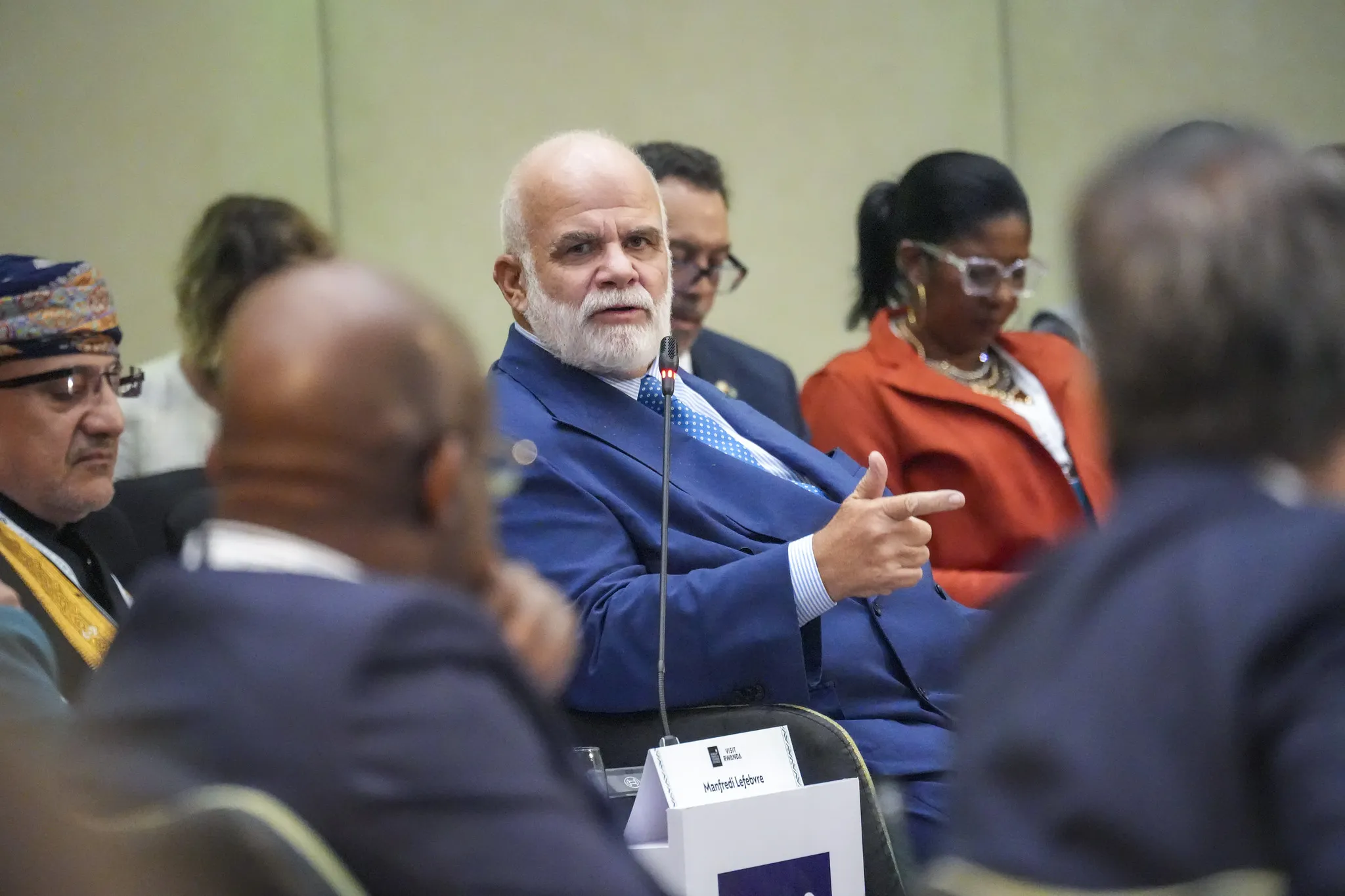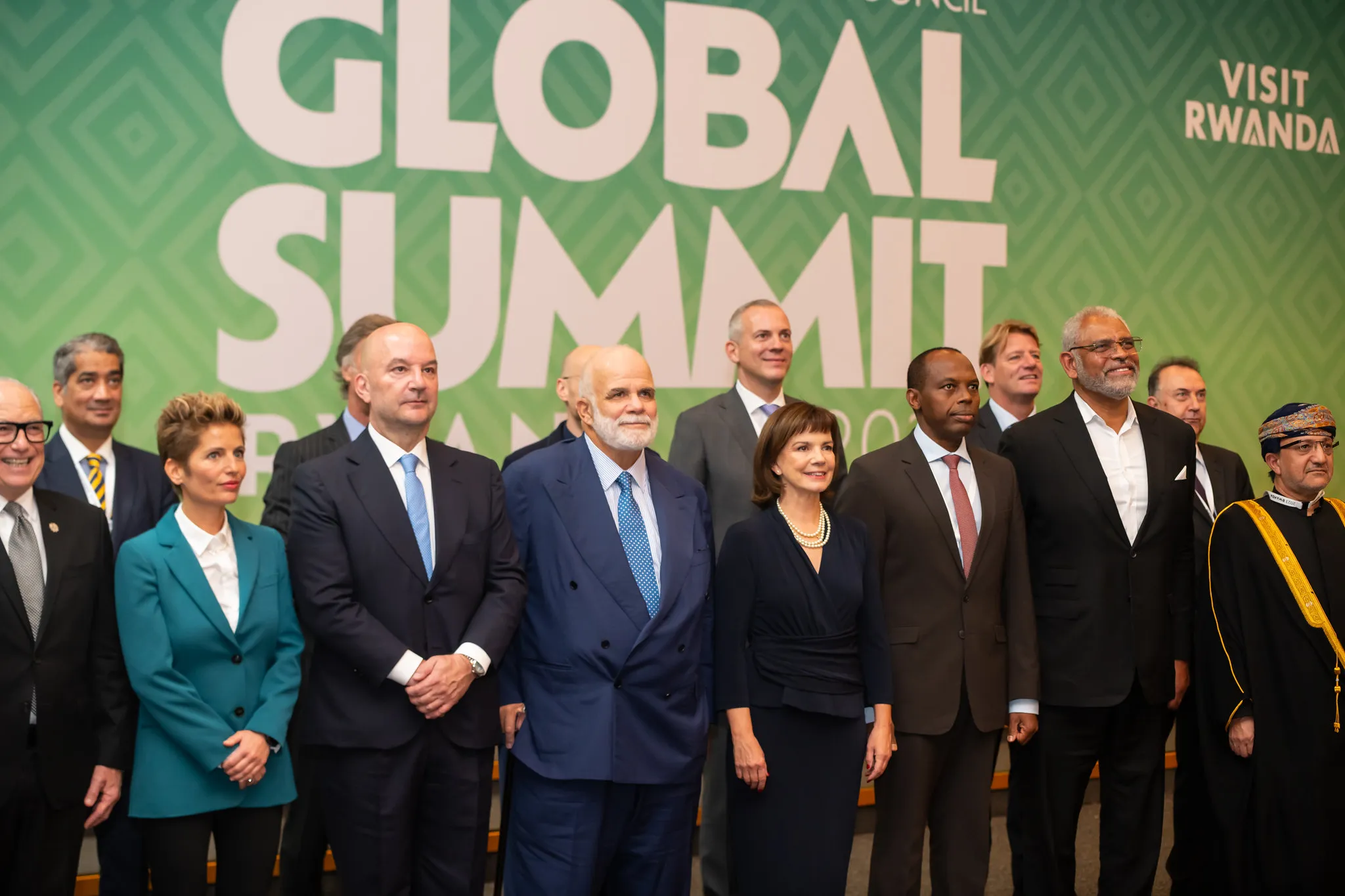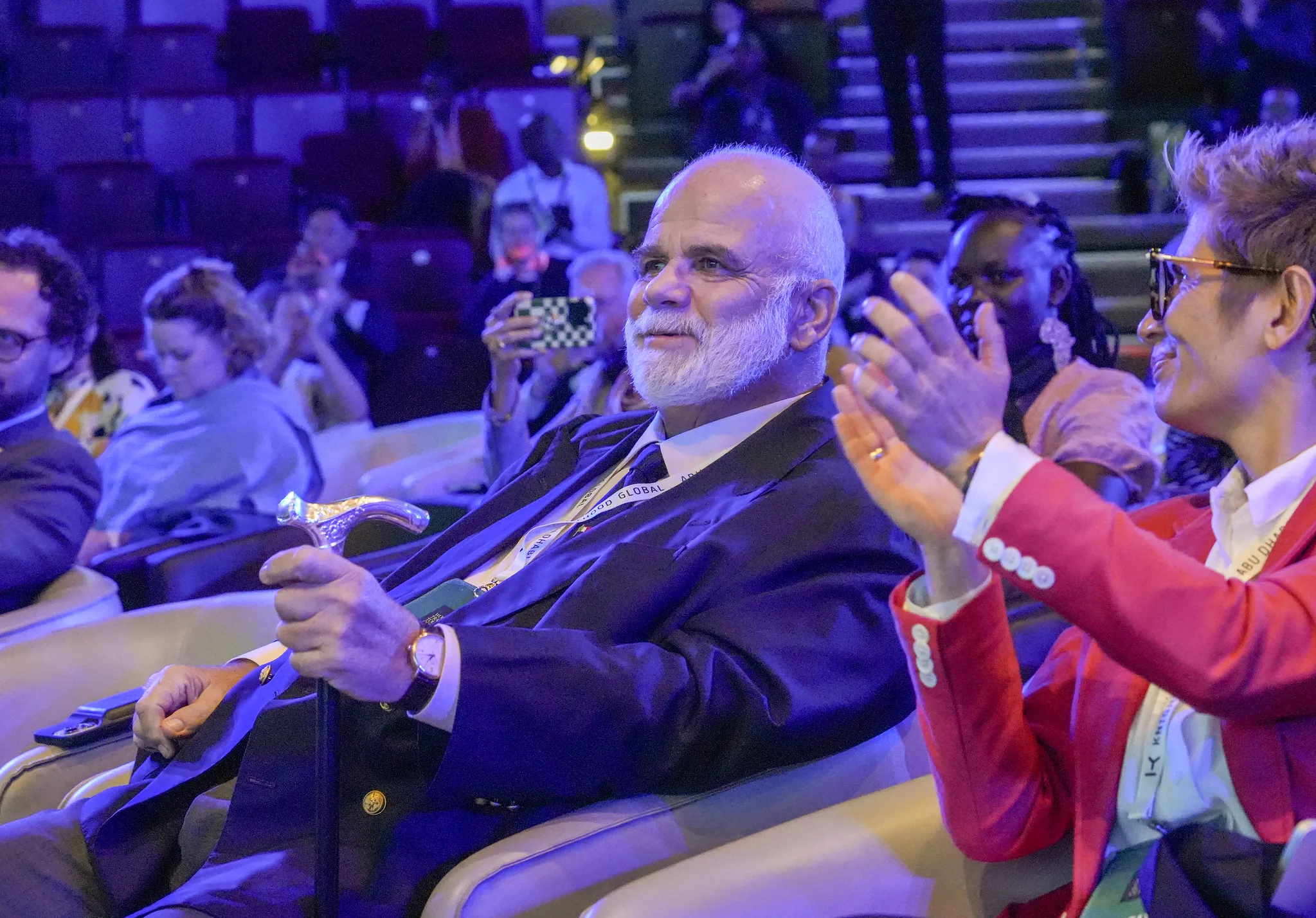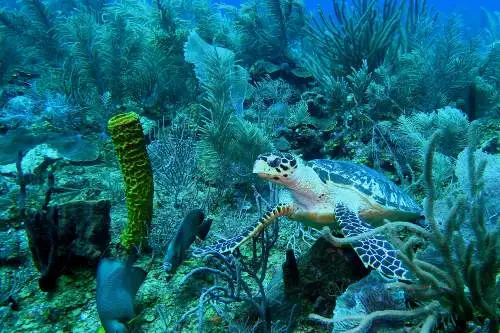As the experience economy grows, and travellers are craving moments that stay with them long after their suitcase is unpacked, Manfredi shares the types of journeys that are driving demand – “There is a growing awareness that time is the one thing you can never get back, it must be spent wisely. I am not surprised to see younger generations prioritising experiences, especially travel. We are seeing strong demand for journeys that create emotional connection through cultural encounters, conservation, or shared learning”
Central to this evolution is a renewed appreciation for authentic experiences with the people who shape a destination’s identity, enriching the visitor experience whilst circulating economic value more sustainably. “Our WTTC Members work very closely with local communities around the world, from ministries to mayors to local families.” He continues, “One project that truly reflects what partnerships can achieve is the Uganda Nursing School Bwindi, established through our charity, A&K Philanthropy. In a remote region near Bwindi Impenetrable National Park, this school trains healthcare professionals who now serve over half a million people.
Travellers who come to Uganda to see the mountain gorillas often visit the school, meet the students, and leave deeply moved. Many choose to support it further, because when people see the real impact of their journey, they want to be part of something bigger.”
Date: 7 August 2025
In an era marked by global change and increasing interconnectedness, travel isn’t just about movement, it’s about meaning.
Few understand this better than WTTC’s Chair-Elect, Manfredi Lefebvre, Chairman of Heritage Group and Co-chair of luxury travel company Abercrombie & Kent, who has spent his career shaping the conversations around the future of tourism. With over five decades of experience in the Travel & Tourism sector, from cruise to luxury travel, Manfredi is uniquely positioned to understand the challenges and opportunities the sector should be aware of. We explored his perspective on how the Travel & Tourism sector is evolving and where its greatest opportunities lie.
“Travel today is no longer just about escape. It’s about meaning, and a sense of personal wellbeing. People are looking for something deeper, they want to feel transformed, not just rested.”, Manfredi begins. “If entrepreneurs want to stay relevant, they must create experiences that are authentic, immersive and emotionally rich. When guests return home feeling changed, with memories that touch the soul, that is when we’ve truly done our job.”
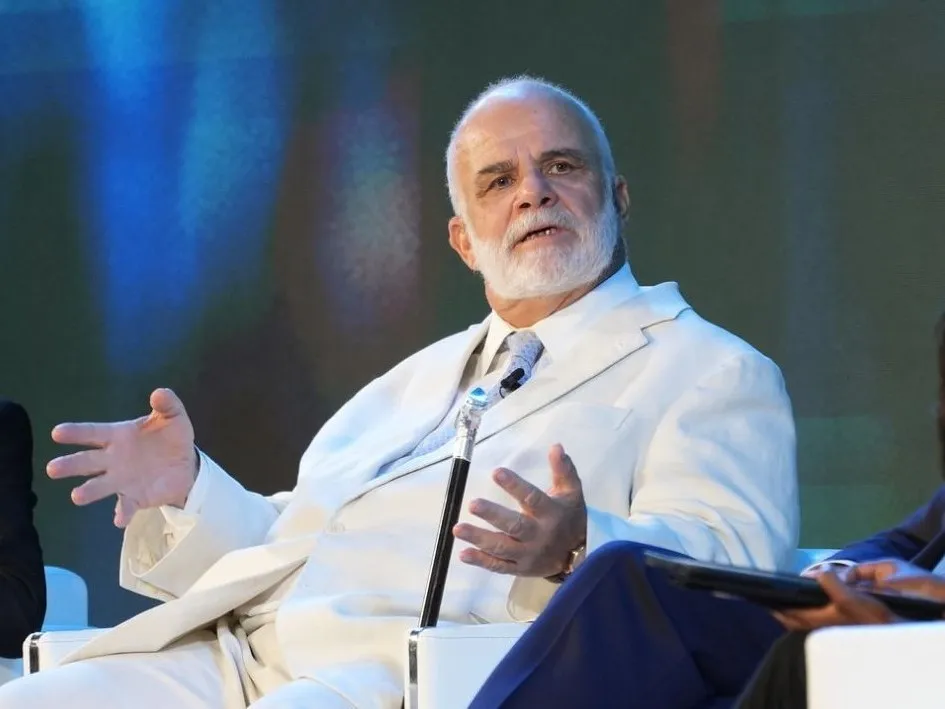
Manfredi Lefebvre at WTTC Global Summit Rwanda 2023.
Of course, as certain destinations struggle from the pressures of popularity, there’s a need to reimagine how to manage visitor flows. Manfredi highlights the two main steps he sees in creating alternatives to overcrowded destinations. “The first is expanding the seasonality and the regional footprint of popular destinations, to utilise the established infrastructure and benefit from the existing reputation and appeal. For example, in the cruise industry, ports like Tarragona in Spain are easily accessible from Barcelona Airport, but not as busy as Barcelona port itself. Local entrepreneurs are best positioned to identify such opportunities and educate the wider travel community to promote and develop these travel products.”
“The second step is the transformation of previously unknown or inaccessible destinations, opening up new possibilities and evening out the demand. Abercrombie & Kent was a pioneer in many countries around the world, starting off in Africa in the 1960s and has proven that travellers will want to experience these lesser-known places. To be successful, these new destinations must work closely with tourism experts and specialist operators, and the local authorities, being mindful of sustainability and community engagement.”
Technology, too, is transforming the landscape at breakneck speed. Artificial intelligence has the power to streamline, customise, and predict - but does it also risk stripping the soul from travel? “AI is a very a powerful tool for many areas of travel, both for the travel operator and for the guest. For example, it can eliminate most language barriers, which have long been one of the concerns travellers have when they are abroad.”
“When it comes to searching and planning, will AI give someone a different answer than a Travel Advisor? Probably. The more customised an AI agent is, the more accurately it can suggest a destination, a hotel, a time of year that will appeal to the user. It is then on the Destinations and Travel Operators to ensure that AI is sourcing the right information and matching the user’s preferences to the unique selling points that they can offer. I see this as a more connected and dynamic evolution of the existing search engine optimisation in digital marketing, and the search engines that have been available for decades. We are in a time where a significant online presence, quality content and representation is critical for all players in the travel industry.”
“I believe that true excellence in travel begins with recognising the talent that exists in every corner of the world.” - The Travel & Tourism sector thrives when it draws on a broad range of perspectives, skills, and experiences. Tapping into the full potential of local communities, varied customer needs, and global talent allows the industry to better serve guests, innovate more effectively, and build long-term resilience. For Manfredi, ensuring that travel businesses reflect a commitment to equity isn’t just ethical – it’s essential to staying relevant and building trust. “At Abercrombie & Kent, our brand Ecoventura based in the Galapagos prioritises the training and empowerment of local Ecuadorian professionals including many women and indigenous guides. These staff members bring both expertise and deep cultural insight to our guest experience. This is not about meeting targets, it is about elevating the right people and giving them the platform they deserve. Across the travel industry, we must remain committed to creating opportunities that are fair, inclusive, and respectful of the local cultures and traditions. We can play our part in the education and development in areas that otherwise would not have the same access.”
What would Travel & Tourism look like if rebuilt from the ground up for a climate-conscious, digitally connected world that embraces culture? What should be kept and what should be reinvented? “I would keep the heart of true travel: the human connection, the sense of wonder, and the respect for culture and people. This is what I built Silversea on over 30 years ago, and how Geoffrey Kent built Abercrombie & Kent 30 years before that. The travel industry has successfully delivered experiences and evolved with the times; travel has never been as accessible as it is today.”
“What I would reinvent is what the travellers don’t see – the back-office systems, digital tools and resources. New players in the travel industry have the advantage of starting from scratch with the latest technologies that are efficient, connected, flexible and scalable. Established businesses need to transition systems, processes and mindsets. Starting from scratch would often be simpler!”
Turning to the today’s Travel & Tourism leaders, are they guardians of culture or facilitators of commerce? Can they be both? “They can and absolutely must be both, and many already are. The travel industry has a responsibility to protect the cultures we showcase, while creating economic opportunities for the local communities. One of the most visible ways this materialises is through employment, and WTTC reported in 2024 that over 350 million jobs around the world are supported by Travel and Tourism.”
“There are challenges along the way of course. Some up-and-coming destinations may see short-term financial opportunities and be tempted to monetise cultural or natural resources in an unsustainable way. We in the industry must support these destinations to establish a viable tourism model, protecting and enriching the local community.”
Looking ahead, Manfredi paints a picture of the industry five years from now. “I believe that we will see a continuation of what has already started - a more conscious traveller, who chooses quality over quantity, connection over convenience, time spent with meaning. People will increasingly want curated, responsible journeys that reflect their values, not just their bucket list. The future will belong to those who travel with intention and to those who design for it.”
Through it all, one thing becomes clear: travel has taught Manfredi lessons about people, leadership, and business that few other industries could. “Travel & Tourism is unlike any other industry because it is, at its heart, deeply personal”. He continues, “It’s about welcoming someone as a guest almost into your home, bringing them into your world. You share your culture, your stories, your food, even your memories. This has taught me that leadership in our industry is not just about strategy, it’s about empathy, respect, and trust. No other sector asks you to connect on such a human level, and that is what makes it so powerful.”
As Manfredi prepares to take on the WTTC Chairmanship, he shares his hopes for what this term will represent. “I would hope this chapter of WTTC is remembered for its strong stewardship, its support for its Members and for new entrants in the Travel and Tourism space. We should continue to be a voice for the industry, to connect the private sector with key stakeholders across governments and other businesses and promote sustainable and profitable growth for the sector.
If in five years we see stronger communities, healthier ecosystems, and fulfilled travellers, then we will know that we have truly made a difference.”
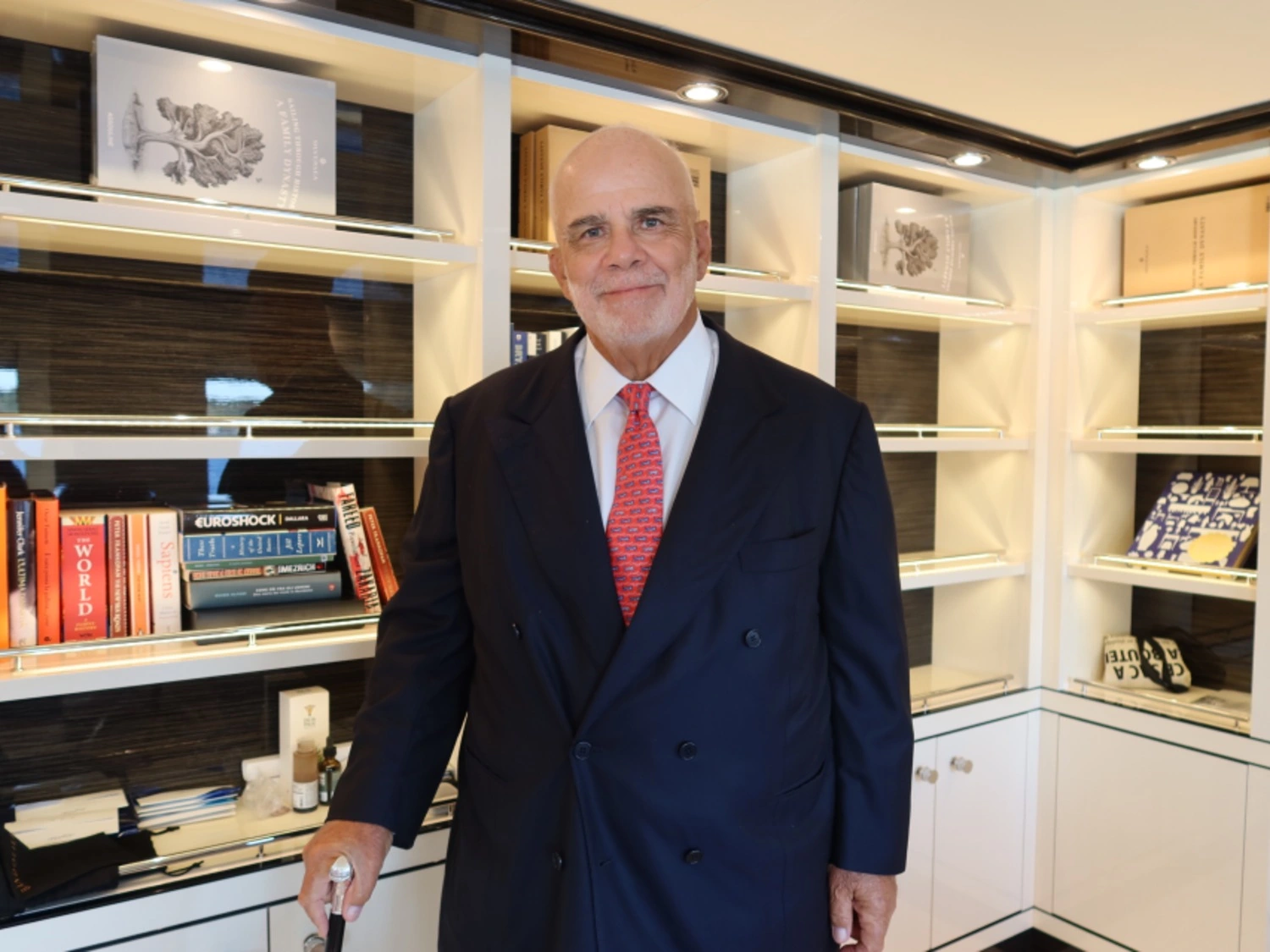.webp?language=en)
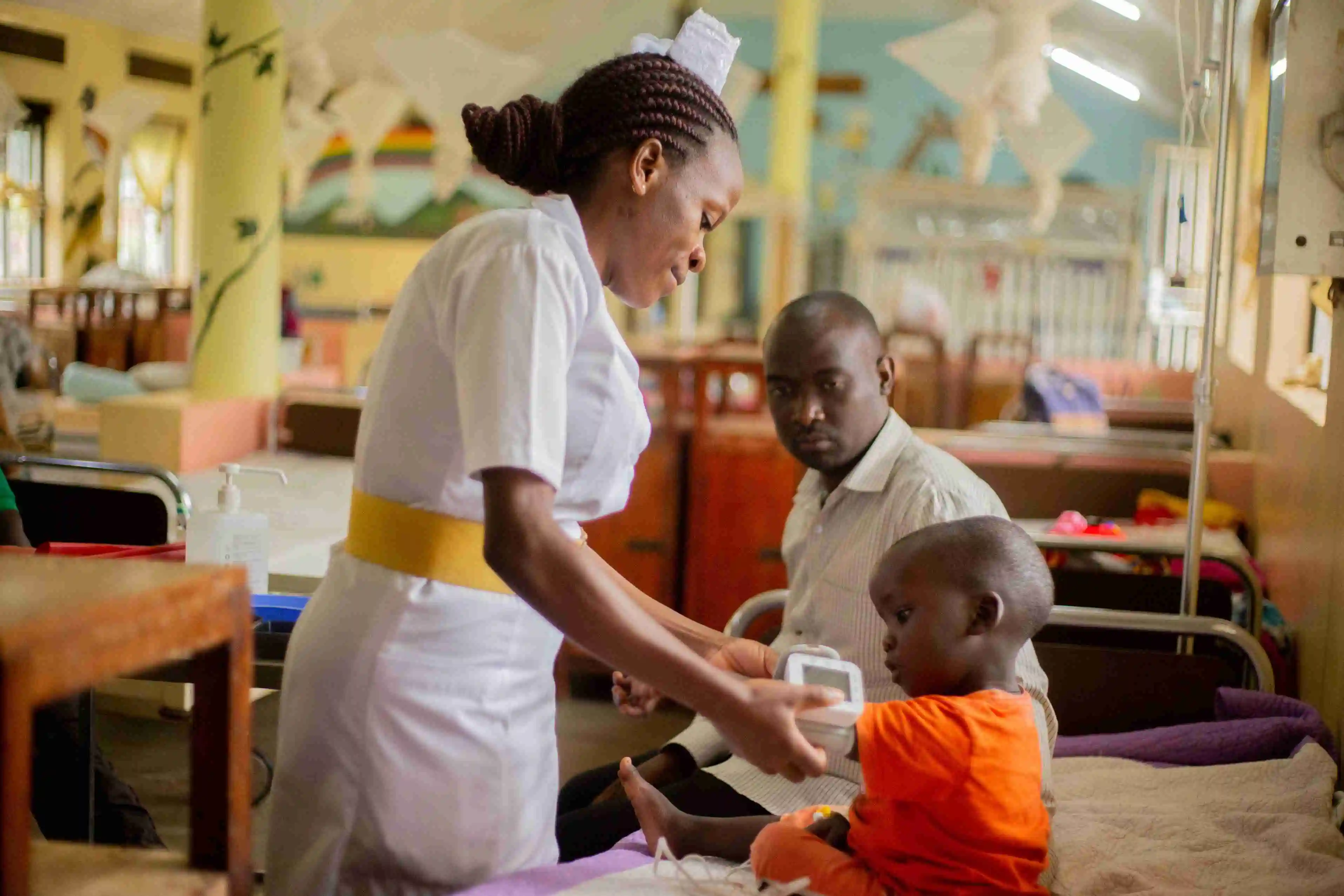.webp?language=en)
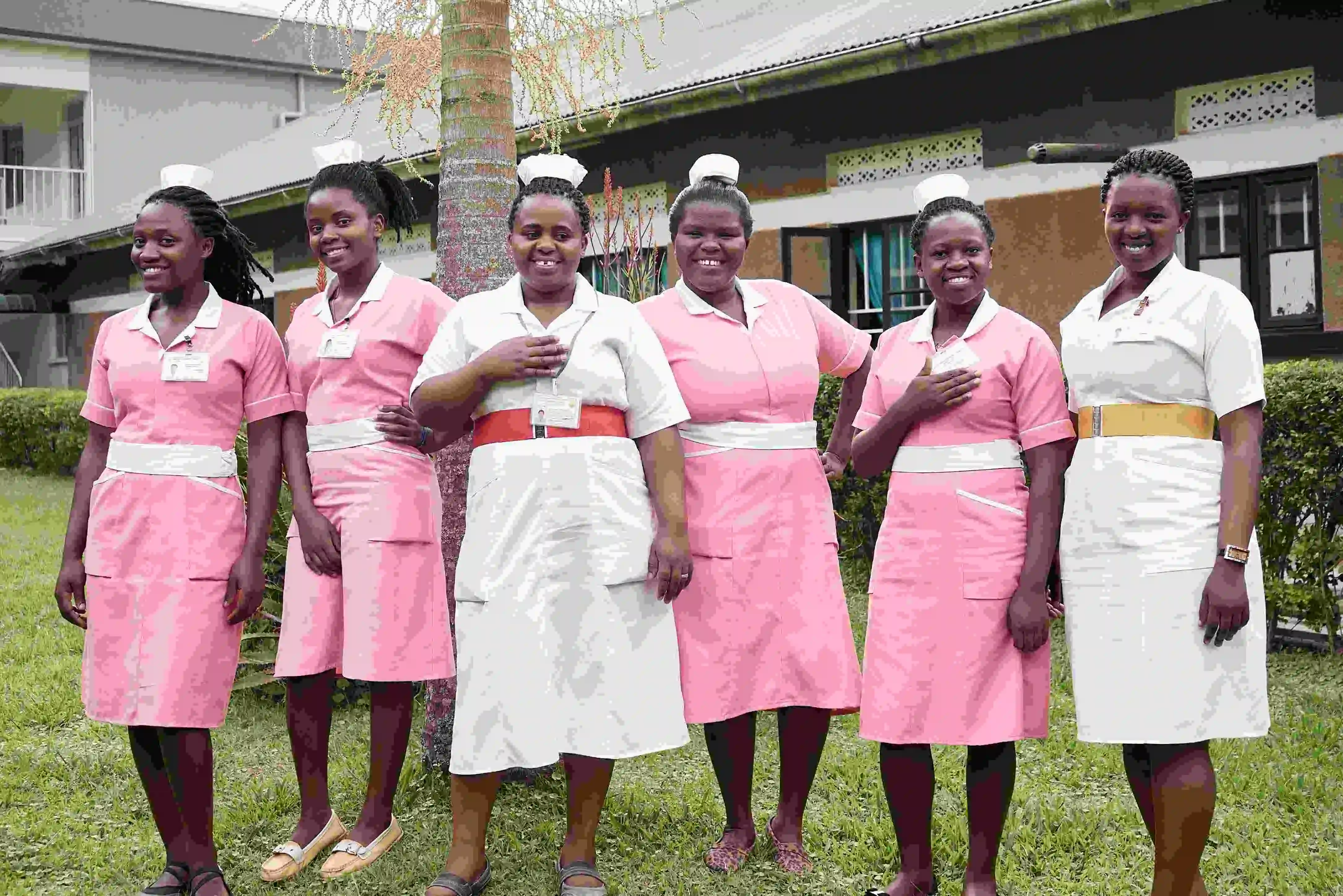.webp?language=en)
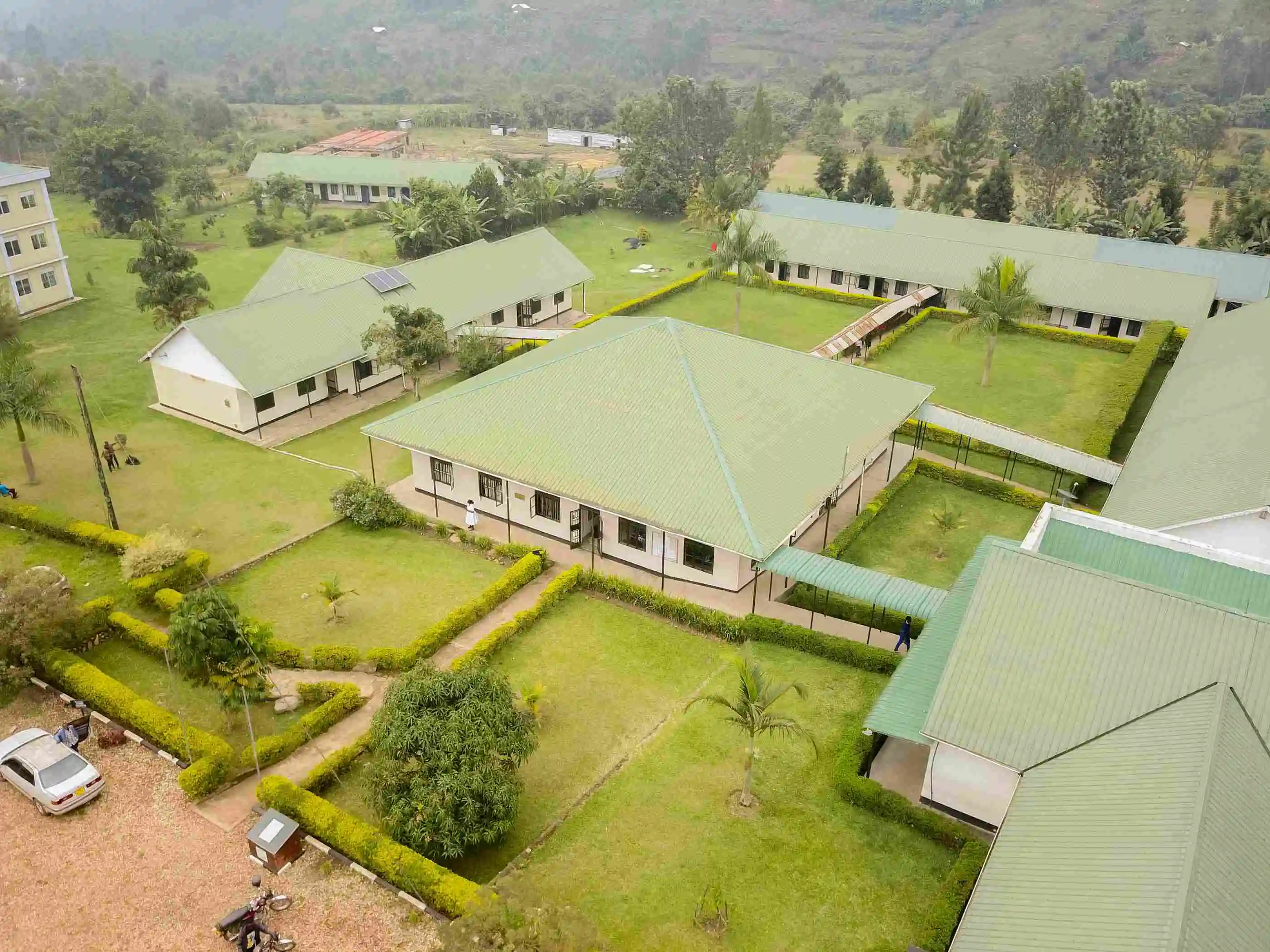.webp?language=en)
